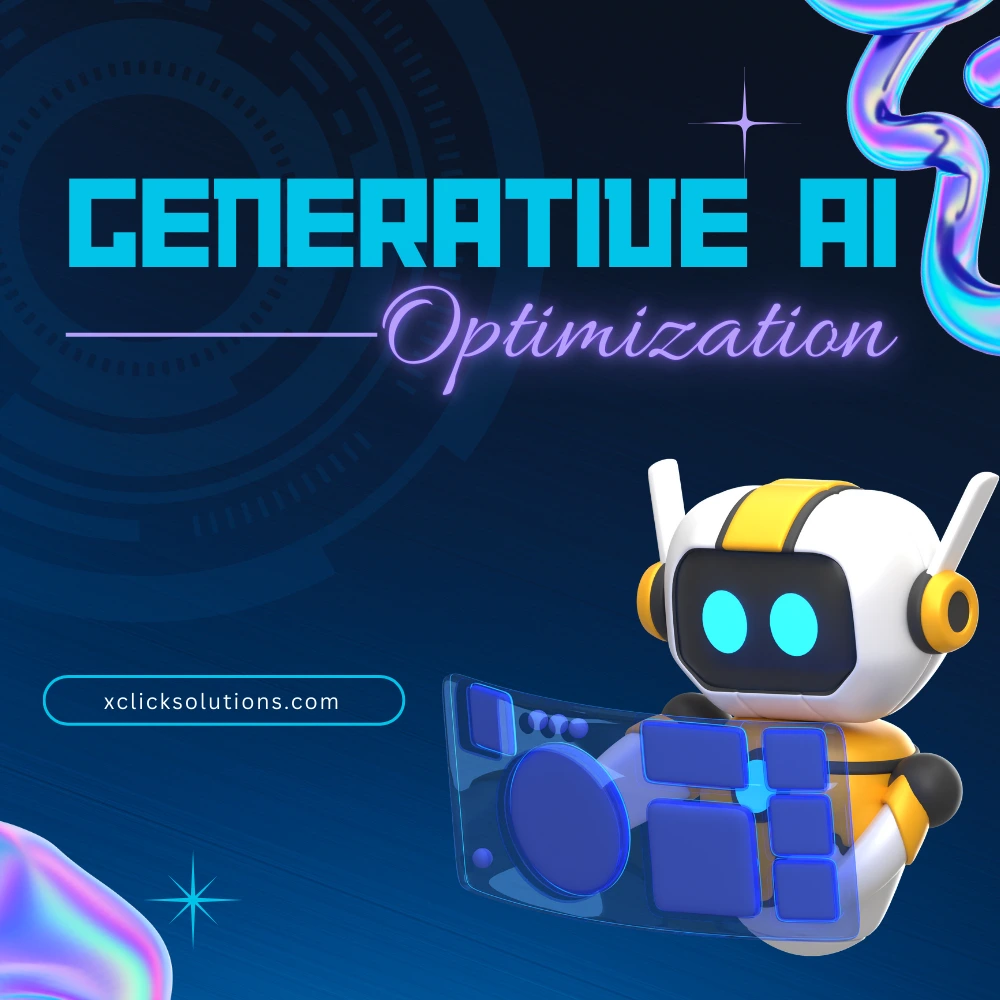
Rise of Generative Engine Optimization (GEO): How Generative AI Is Reshaping Search and Marketing
Rise of Generative Engine Optimization (GEO): How Generative AI is Reshaping Search and Marketing The digital marketing industry is experiencing
The digital marketing industry is experiencing one of its biggest transformations since the rise of SEO and social media ads. With the rapid growth of Generative AI tools like ChatGPT, Google Gemini, and Perplexity AI, search behavior is evolving – and so are the rules of optimization.
This evolution has given birth to a new buzzword: Generative Engine Optimization (GEO).
But what exactly is GEO, and why is it being called the future of digital marketing? Let’s dive deep into this emerging trend.

Generative Engine Optimization is the practice of optimizing content for AI-driven generative engines—tools that provide users with conversational, AI-generated responses instead of (or alongside) traditional search results.
Unlike traditional SEO, where the goal is to rank high on Google’s SERP, GEO focuses on:
Getting your content featured in AI-generated answers.
Structuring information in a way that AI systems can easily understand, cite, and present.
Building brand authority in an environment where answers, not links, dominate.
Think of it as SEO 2.0, designed for a world where people increasingly ask AI instead of search engines.
1. Shift in Search Behavior
Instead of typing “best marketing tools for small businesses” into Google, users now ask ChatGPT, “What are the best marketing tools for startups under $100?”
Generative engines provide direct, contextual answers – and that changes how businesses must position their content.
2. Reduced Clicks on Traditional Search Results
Studies show that AI-powered answers reduce the need to click on multiple websites, impacting organic traffic. Brands that don’t adapt risk invisibility.
3. Rise of AI-First Platforms
Tools like Perplexity AI already cite sources directly in their answers. If your content isn’t optimized for AI to pick up, you’ll miss opportunities for exposure.
| Aspect | Traditional SEO (Google SERPs) | GEO (Generative Engines) |
|---|---|---|
| Focus | Keywords, backlinks, ranking | Context, authority, structured data |
| User Experience | Click-through to websites | Direct conversational answers |
| Content Format | Blogs, landing pages, product pages | Humanized, fact-rich, structured, AI-readable |
| Metrics of Success | Rankings, CTR, impressions | Mentions, citations, answer inclusions |
If you want to future-proof your digital marketing strategy, here are the steps to take:
1. Focus on Authority-Building Content
AI engines prefer citing credible sources. That means:
Publish well-researched, data-backed articles.
Use authoritative references (research papers, case studies).
Showcase expert opinions with bylines.
2. Optimize for Conversational Queries
AI-driven engines thrive on natural language.
Use Q&A formats within your content.
Add FAQ sections with conversational phrasing.
Think of how users ask questions in real life, not just keywords.
3. Structured & Semantic Content
Generative engines need structured context:
Use schema markup.
Create lists, tables, and bullet points for easy parsing.
Write clear, concise summaries for complex topics.
4. Brand Mentions Over Backlinks
In GEO, brand recognition matters as much as backlinks.
Aim to get mentioned in industry reports, AI-cited publications, and user-generated content.
Consistency in brand messaging helps AI engines recognize your authority.
5. E-E-A-T Optimization
Google’s Experience, Expertise, Authoritativeness, Trustworthiness still plays a role—but it extends to GEO. AI systems prefer credible experts. Ensure your content includes:
Author bios.
Experience-based insights.
Transparent citations.
Generative Engine Optimization isn’t just another trend—it’s shaping the next phase of digital marketing. Here’s what to expect:
Content Will Become Hyper-Specific
AI thrives on clarity. Generalist content will fade; niche, well-defined insights will dominate.
Competition Will Move Beyond Keywords
Brands will compete on trust, authority, and citation-worthiness, not just keyword density.
AI Partnerships Will Grow
Expect collaborations where businesses feed verified data to AI engines, ensuring accurate brand representation.
Hybrid SEO + GEO Strategies
Traditional SEO isn’t dead—Google still dominates. But the winning formula will be integrating SEO with GEO.
✅ Keep producing long-form, humanized blogs (like this one).
✅ Add conversational elements—how people really ask questions.
✅ Leverage AI tools yourself to understand what responses look like.
✅ Track mentions in AI-generated content (soon, analytics tools will support this).
✅ Focus on quality > quantity of content.
The rise of Generative Engine Optimization marks the beginning of a new era in digital marketing.
Just like SEO transformed businesses in the 2000s, GEO is set to redefine how brands appear in an AI-driven search landscape. Companies that adapt early will gain a massive competitive advantage—while those stuck in old models risk being left behind.
The question is no longer just—“How do I rank on Google?”
It’s also – “How do I get featured in AI-generated answers?”
And the answer lies in embracing Generative Engine Optimization today.
👉 Ready to grow your business online? Contact us today for a free proposal.

Rise of Generative Engine Optimization (GEO): How Generative AI is Reshaping Search and Marketing The digital marketing industry is experiencing
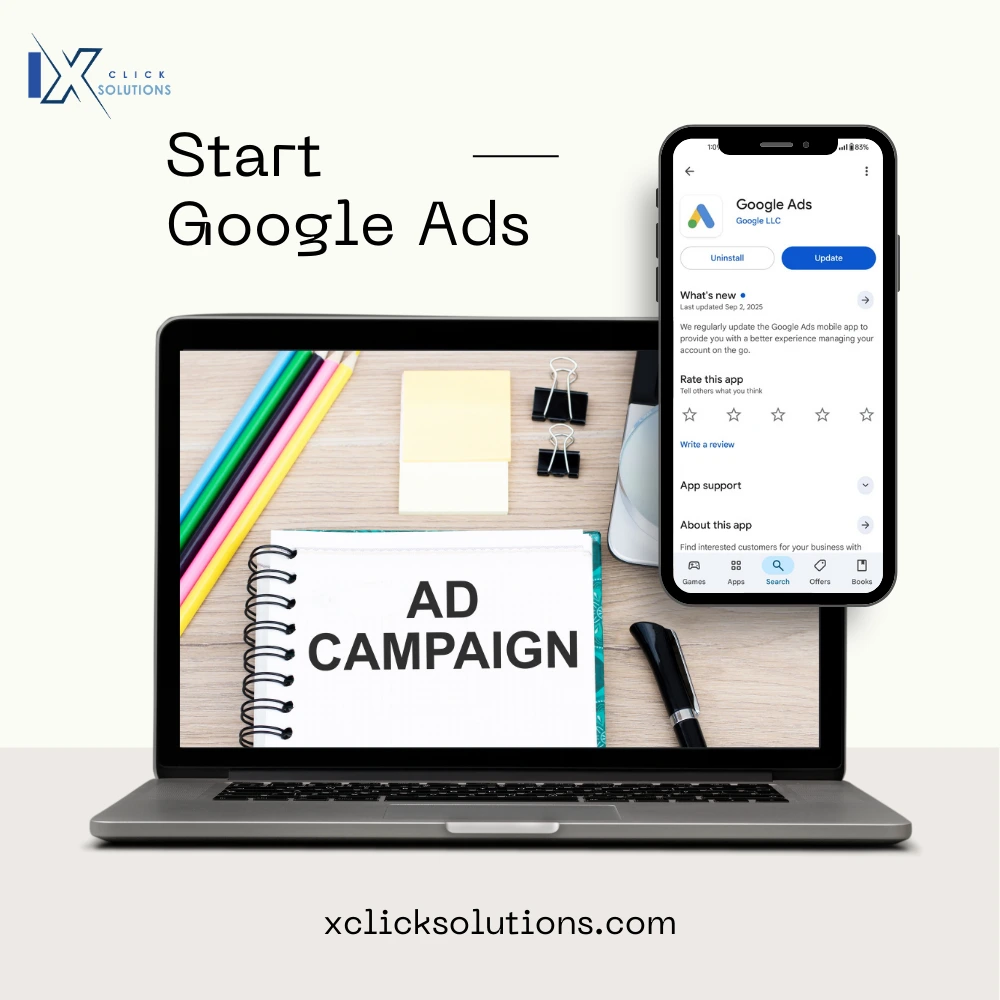
How to Start Google Ads for Your Small Business Without Wasting Money Running a small business in 2025 is no
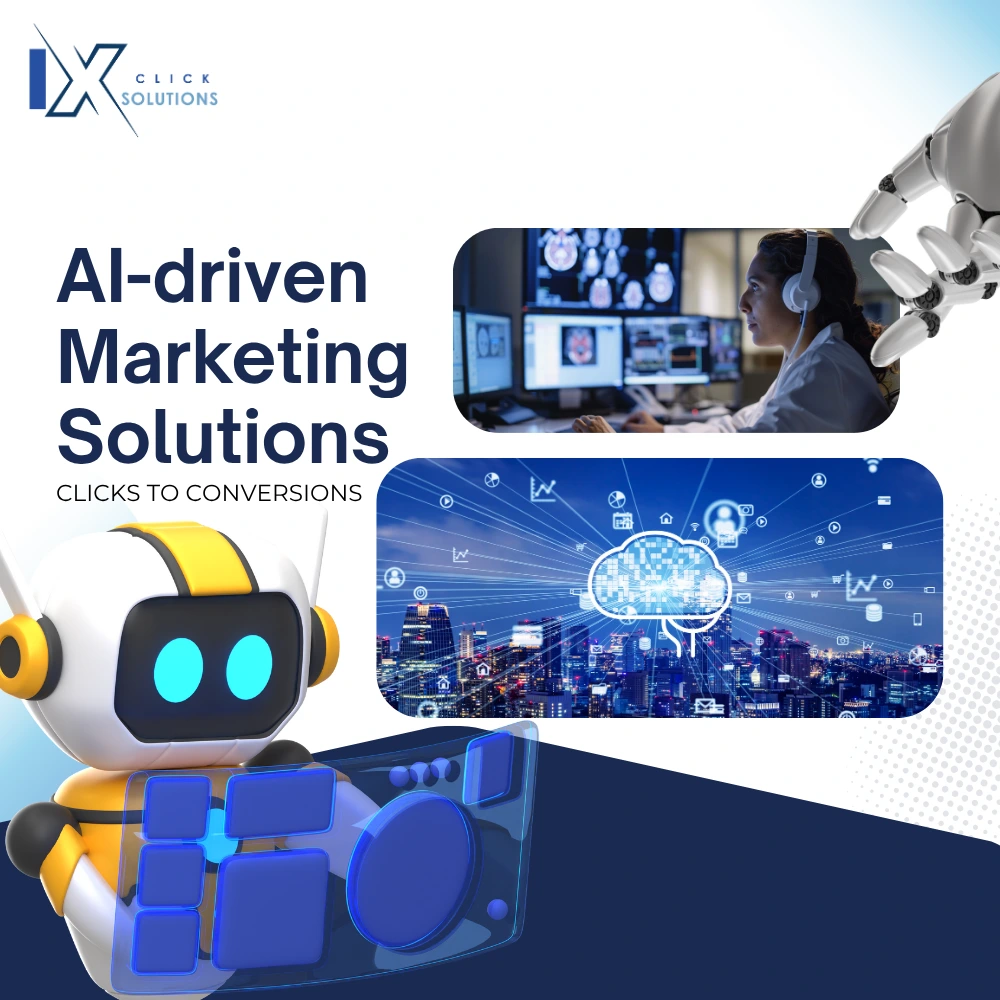
From Clicks to Conversations: How AI Is Redefining the Future of Digital Marketing in 2025 From Clicks to Conversations A

10 Digital Marketing Trends Redefining 2025 and Shaping 2026 As we step deeper into the AI-driven era, digital marketing is
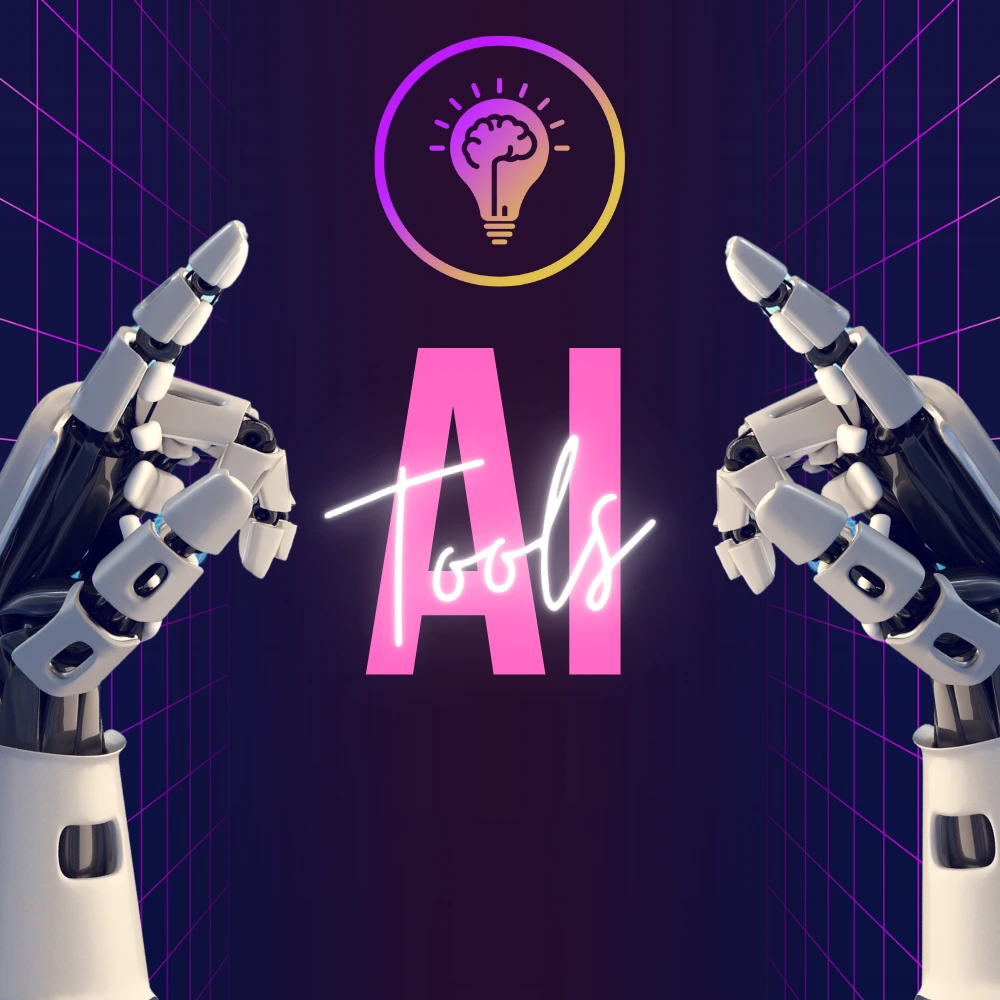
How to Use AI Tools to Supercharge Your Digital Marketing in 2025 The AI Wave in Digital Marketing The digital
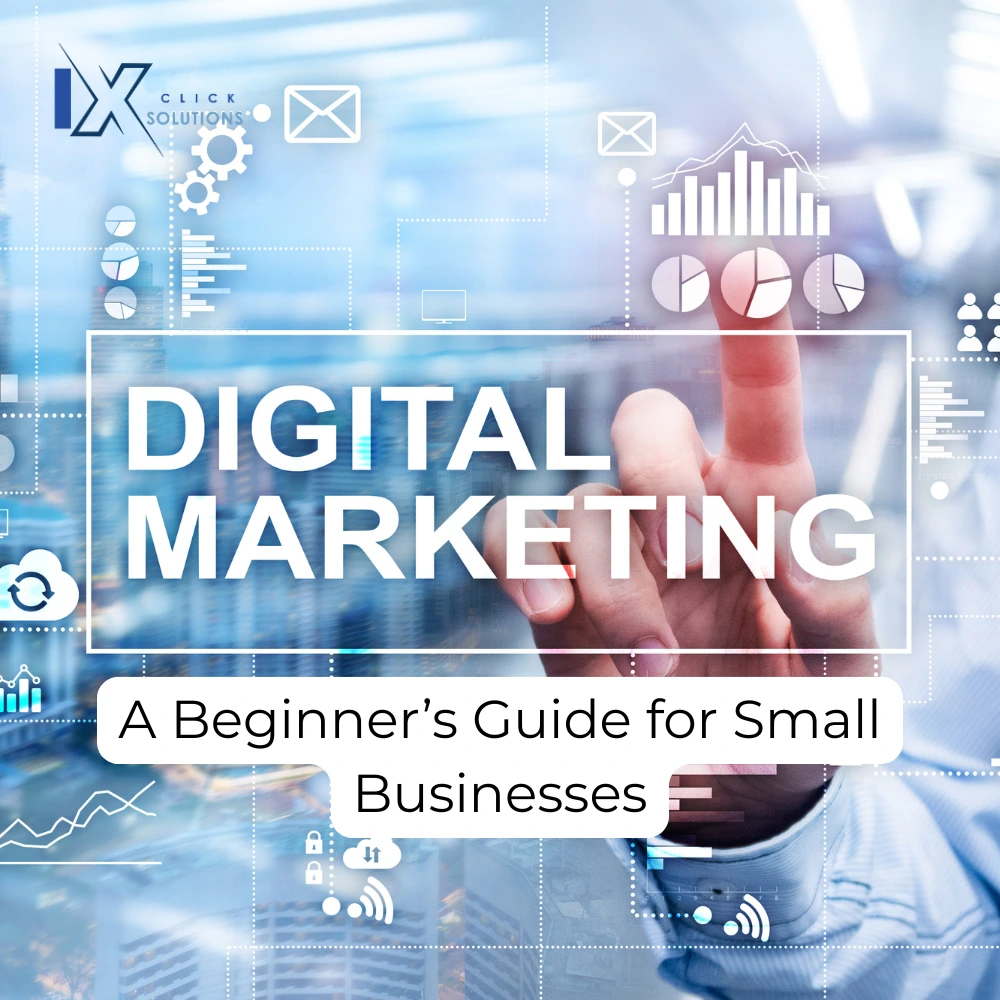
What is Digital Marketing? A Beginner’s Guide for Small Businesses Running a small business is no easy task. Between managing
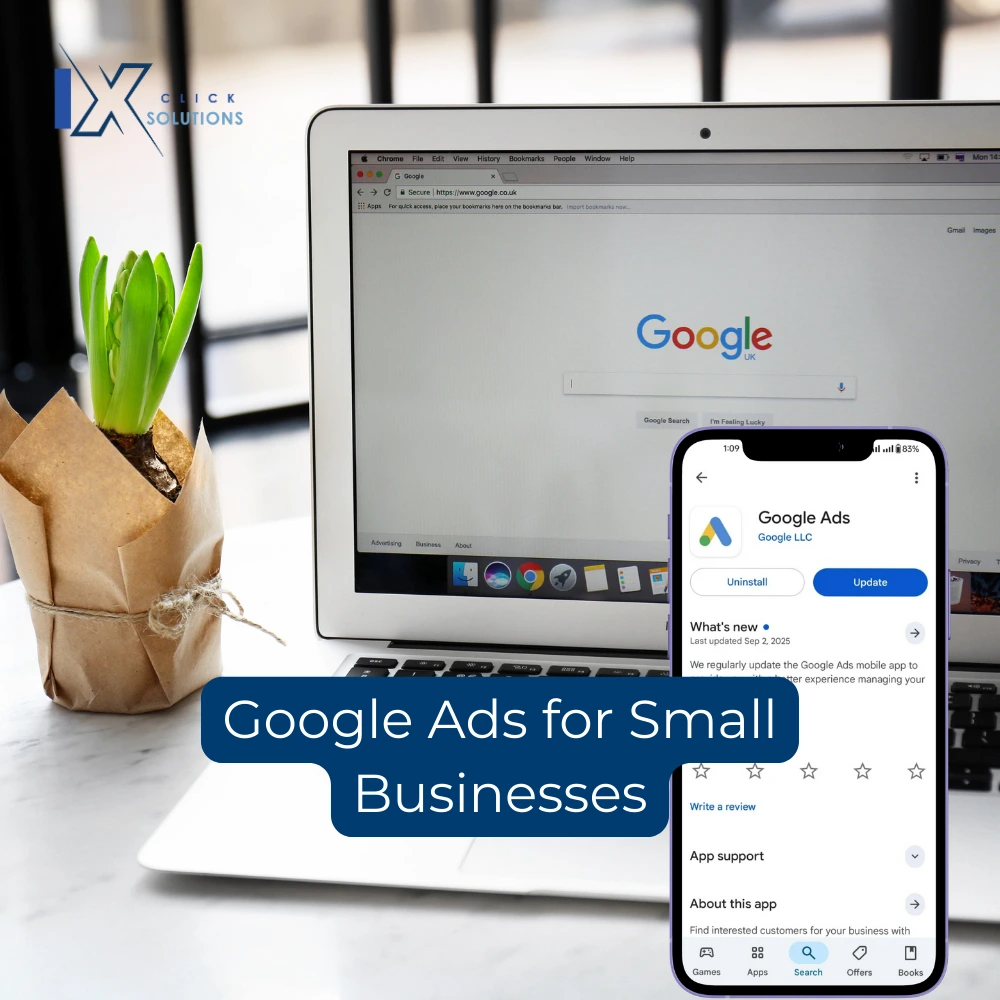
Google Ads for Small Businesses: A Complete Beginner’s Guide to Smarter Advertising Running a small business today means competing with